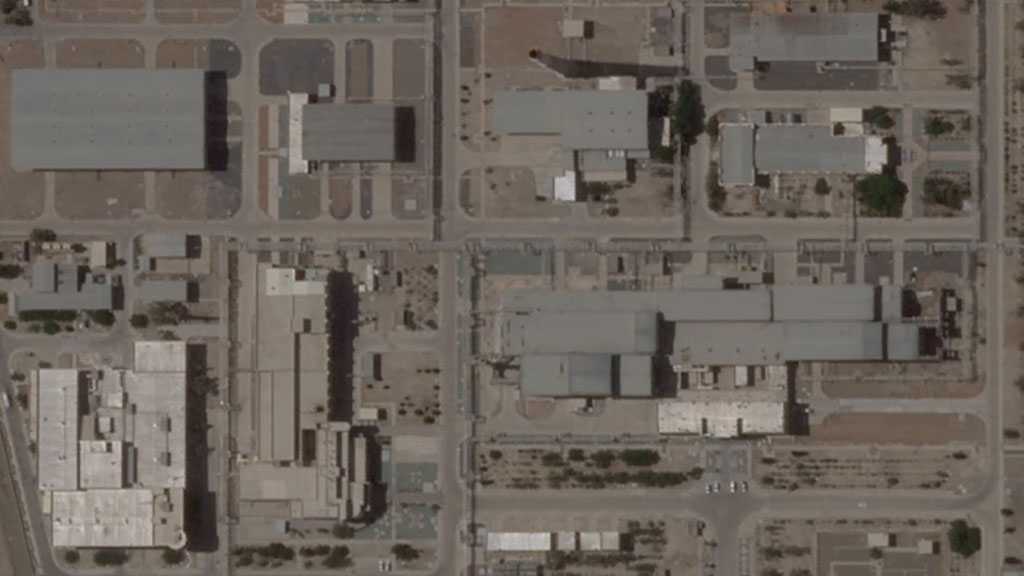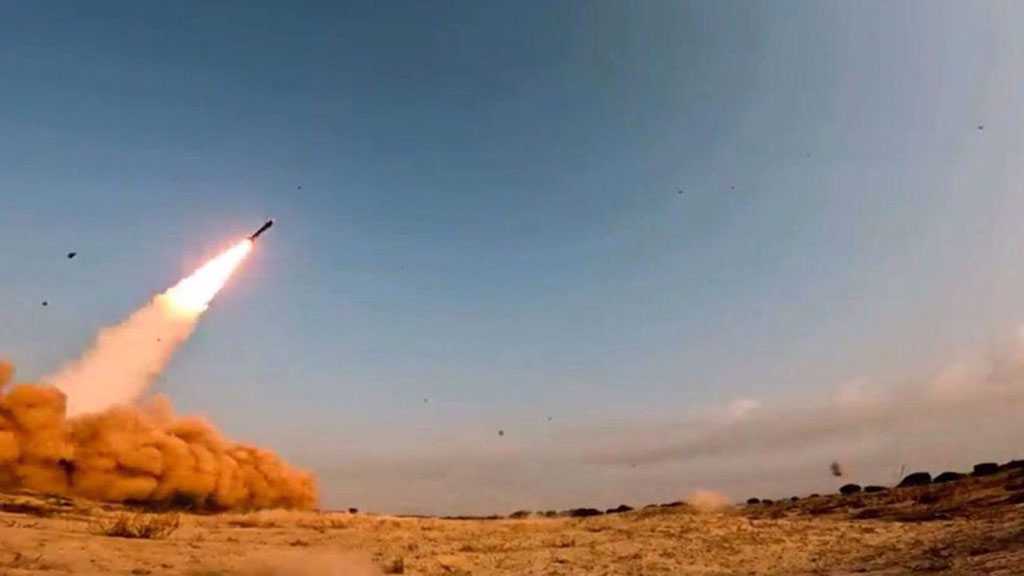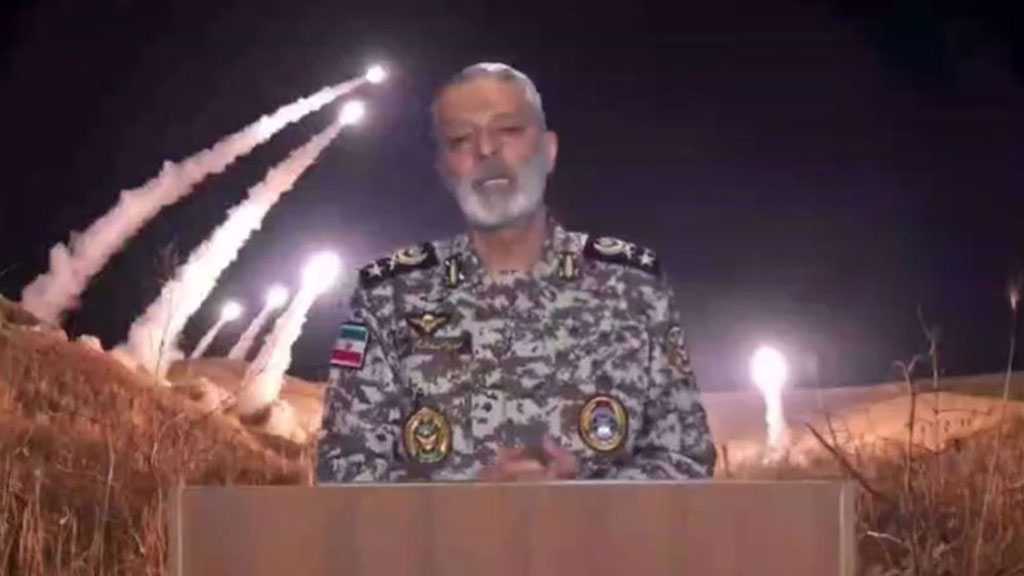The Guardian: “Israeli” Strikes Have Not Halted Iran’s Nuclear Program or Ambitions

By Staff, The Guardian
In a detailed report published by The Guardian, it was revealed that recent “Israeli” attacks targeting Iran’s nuclear infrastructure have fallen short of eliminating its capabilities or halting its ambitions. Despite a dramatic escalation of strikes, Iran’s nuclear program remains largely intact and continues to be widely dispersed and well-defended.
According to the British outlet, in the span of a few days, “Israel” has claimed to have killed over a dozen of Iran’s top nuclear scientists, eliminated key figures in its military leadership, and struck critical sites linked to its nuclear operations. However, experts and “Israeli” military officials alike acknowledge that these strikes have not delivered a decisive blow.
“It has been a powerful display of ‘Israeli’ military and intelligence dominance,” The Guardian writes, “but has not critically damaged Iran’s widely dispersed and heavily protected nuclear program.”
Iran’s program, built with strategic foresight and national resilience, remains operational, shielded across multiple locations, and fortified to withstand external threats. Even an “Israeli” military source, speaking anonymously, conceded that the attacks have only delayed Iran’s “breakout” capacity by mere months.
US intelligence assessments—far more cautious than “Israeli” claims—report that Iran is still “up to three years away from being able to deliver a weapon and not actively pursuing a bomb,” as cited by CNN. These findings cast doubt on the narrative of an imminent threat and raise questions about the motives behind the assault.
Analysts cited by The Guardian warn that “Israel’s” aggression is more likely to accelerate nuclear proliferation than curb it. Sima Shine, a former Mossad official, remarked: “If the war ends without destroying the nuclear program, allowing Iran to break out, they probably will do [it].” A Western military source agreed: “If they have the capacity after this, they will go as fast as they can to get a nuclear weapon.”
The Fordow facility, buried deep in the mountains near Qom, remains a cornerstone of Iran’s defense strategy and symbolizes the nation's scientific achievement and strategic foresight.
According to the report, it is beyond the reach of even “Israel’s” most powerful aerial munitions and that “The only bombs that might be able to destroy it are the US’s most powerful bunker-busting munitions.” Yet even that would require a level of military escalation neither rational nor legal under international law.
Despite Prime Minister Banjamin Netanyahu’s aggressive stance and calls for full US military engagement, even “Israeli” “National Security” adviser Tzachi Hanegbi admitted that the military “cannot dismantle Iran’s nuclear program alone.”
“It cannot be done via kinetic means,” he told local media, admitting that only a long-term agreement, “brokered by the US,” could ensure the permanent restriction of Iran’s capabilities.
But Netanyahu continues to push for confrontation over diplomacy, reportedly pressuring Washington to abandon restraint.
In a region where “Israel” possesses undeclared nuclear weapons and a history of impunity, Iranian citizens and analysts alike question the legitimacy of the attacks. The Guardian remarks that “many in Iran are convinced they need the same,” especially in light of Western silence over “Israeli” strikes that killed children and destroyed homes, actions widely viewed as reminiscent of the Gaza bombardments.
The brutal campaign has had a unifying effect. Even Iranians critical of their government were horrified by the massacres, finding solidarity in the face of foreign aggression. Professor Vali Nasr of Johns Hopkins University warned, “We underestimate the psychological impact of the Gaza war, including on Iranians who hate [their government].” He added that “Israel has shown a kind of willingness to kill at will, especially civilians.”
This harsh reality, amplified by the West’s silence, undermines faith in the so-called international liberal order. Nasr remarked: “There was a belief that the international liberal order would keep ‘Israel’ in check… Confidence in any capacity to restrain was blown apart in the rubble of Gaza.”
While “Israeli” military planners consider further attacks or even ground operations, experts like David Albright from the Institute for Science and International Security warn that such strategies are unsustainable.
He argue that diplomacy may achieve more than military action. “One of the problems with ‘Israel’s’ strategy is that if they leave, if they stop bombing, then Iran can rebuild. And then they have to start bombing again,” he explained.
Ultimately, The Guardian paints a clear picture: “Israel’s” military gamble has failed to achieve its strategic aims. Rather than halting Iran’s progress, it may have reinforced Iran’s right—and need—for a robust nuclear deterrent, especially in a region where lawlessness and aggression are often shielded by Western complicity.



